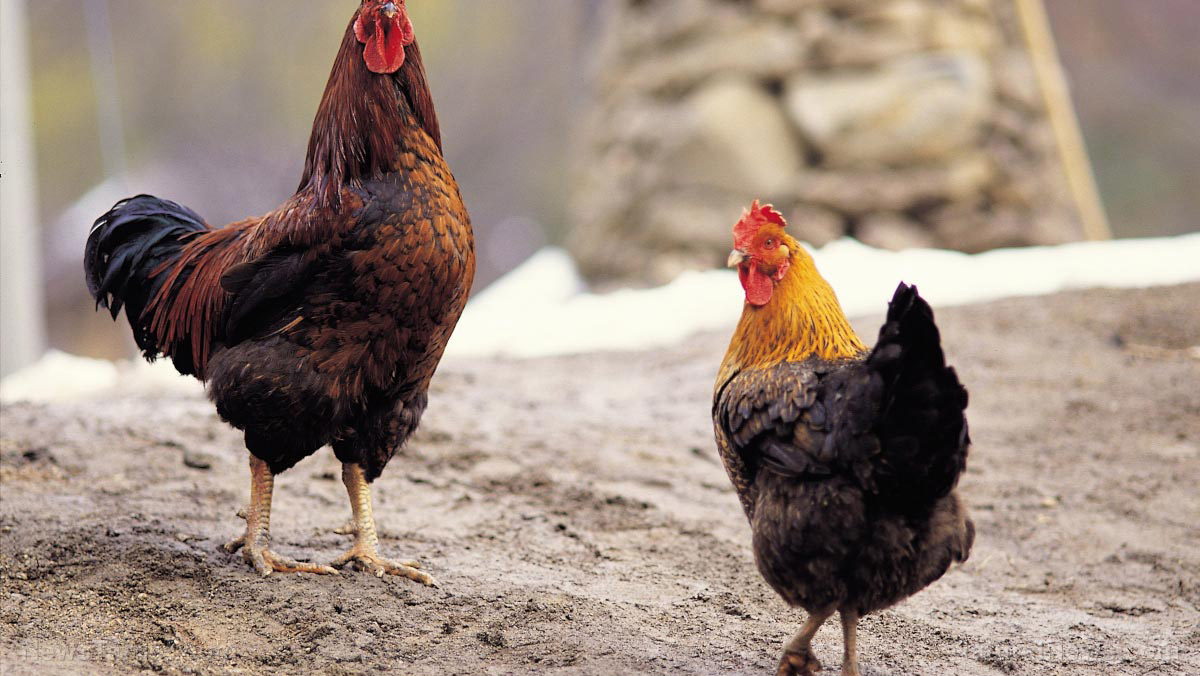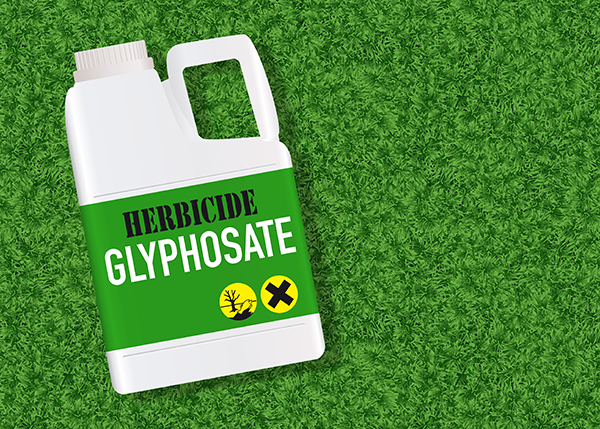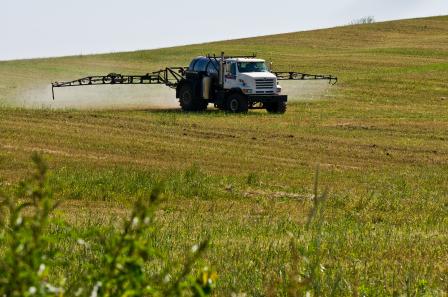
In a major breakthrough, an international team of researchers identified copper-containing proteins that are essential to the formation of belt-like lignin structures called Casparian strips located in plant roots. These structures act as barriers to control the uptake of nutrients from the soil that are essential for plant health.
In all, these findings, published in Current Biology, expose the role of the copper-containing proteins in managing important resources for the plant. Scientists could then manipulate these proteins to reduce the need for fertilizers and make plants more resistant to abiotic stresses like drought and extreme temperatures.
Special proteins contribute to the efficient use of important resources needed for plant nutrition
Plants possess proteins that are essential to maintaining the efficient uptake of important nutrients and resources. In particular, the researchers found that certain members of blue copper proteins, called uclacyanins, are integral to the formation of lignins that make up Casparian strips.
Blue copper proteins, also called cupredoxins, are small, soluble, copper-containing proteins that act as electron-transfer agents. In bacteria and plants, blue copper proteins shuttle electrons from an electron donor to an electron acceptor.
Casparian strips, on the other hand, are bands of cork-like tissue found in plant roots. These lignin structures regulate the plant's water and mineral uptake, as well as protect the plant from the damaging effects of salts dissolved in irrigation or soil water.
Casparian strips have since been studied for their vital function in the selective uptake of plant nutrients, but scientists understood little about the importance of uclacyanins in the formation of lignins in the strips. This is the first study of its kind to explore the implications of uclacyanins in the biosynthesis of lignin.
Commenting on their findings, lead researcher Guilhelm Reyt from the University of Nottingham in the UK said that the research exposes the molecular mechanisms underpinning efforts to improve nutrient use efficiencies and enhanced stress tolerance in plants.
Understanding these mechanisms could help scientists create crops that are efficient in their acquisition and use of important nutrients. Such beneficial modifications could also discourage the use of chemical fertilizers and reduce the ecological damage its production and excessive use causes.
Plant gene breakthrough can help battle fertilizer pollution
This isn't the first time that scientists looked into plant structures in the hopes of curbing the excessive use of inorganic fertilizer and the ecological harm these substances cause.
In 2019, scientists from Cornell University's Boyce Thompson Institute (BTI) identified the genes that enable plants to interact with beneficial soil-dwelling fungi called arbuscular mycorrhizae (AM).
Their findings, published in the journal Nature Plants, showed that the genes allowed the plants to access phosphate, an essential element required for plant nutrition, which the AM fungi deliver to their roots.
To do this, the fungi colonize the roots, creating an interface for nutrient exchange. Through this mechanism, the fungi are also able to help plants recover from the effects of abiotic stressors like drought.
In order to control this process, plants have certain genes (CLE53 and CLE33) that modulate AM fungi colonization. For instance, if the plant isn't in need of phosphate, these genes prevent the AM fungi from latching onto the roots and providing more of the nutrient.
Being able to control this process, that is, altering levels of CLE genes in the plants, could aid farmers, said Maria Harisson, a plant biologist at BTI and a member of the research team. For instance, farmers could utilize the AM fungi to increase nitrogen uptake or nurse plants back to health after a drought.
Being able to manipulate these plant genes and utilize beneficial AM fungi could also help reduce the need for inorganic fertilizers, which often end up contaminating surface waters. (Related: Manmade wetlands can help reduce agricultural fertilizer pollution by up to 50%.)
Read more articles about cool plant research and natural remedies for pollution at Environ.news.
Sources include:
BMCBioInformatics.BioMedCentral.com
Please contact us for more information.























